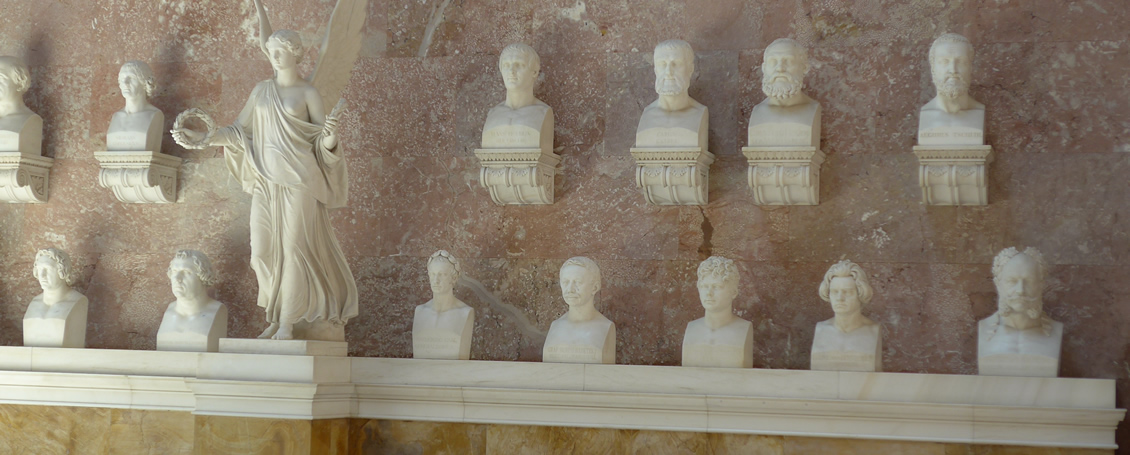
Philosophical gratitude and ingratitude in palliative care
There are more and more smaller hospice and palliative care academies in Germany as well as representatives in wards and in hospices who function as points of reference for educational topics. The German Charter for the Care of the Critically Ill and Dying has already made it clear that, without qualified education and training, palliative and hospice activity will lose one of its main pillars.
On September 23, 2017, the seventh Bergsträßer Hospice and Palliative Day will take place in Bensheim (Hesse), with an event to celebrate the opening of the Bergstraße Hospice Academy. The organizers have chosen the overarching topic of “Gratitude at the End of Life.” Dr Swantje Göbel, one of the two future heads of the academy, approached Andreas Stähli to ask him to say something from a philosophical perspective. He has now chosen the title “Gratitude and Ingratitude in Philosophy” for his workshop. Considering its dialectic character, what would philosophy be if it wouldn´t use the bothersome sting of ingratitude against the all-too rose-colored spectacles of gratitude? A certain unease is inherent to philosophy, which is also a kind of statement about its own inadequacy. The workshop will be about “why and how come” questions, about the power and tragedy of reflection in times of terminal illness and dying, about gratitude and ingratitude in ethics on its quest for right and wrong, and about practicing the good life. It will discuss whether there is a kind of gratitude that “goes beyond the interplay of giving and taking,” (Dieter Henrich) and will, of course, shed light on the relationship between thinking and thanking. Philosophy has always found its fortune and reached its limit in art, which is why, at the end of the workshop, two poets will be given the floor: Friedrich Hölderlin and Christian Morgenstern. The latter wrote in his cycle of poems, “We found a path”:
“Simplicity thanks from all divinity
And diversity thanks from all divinity in return.
All being intertwines in thanks.”

